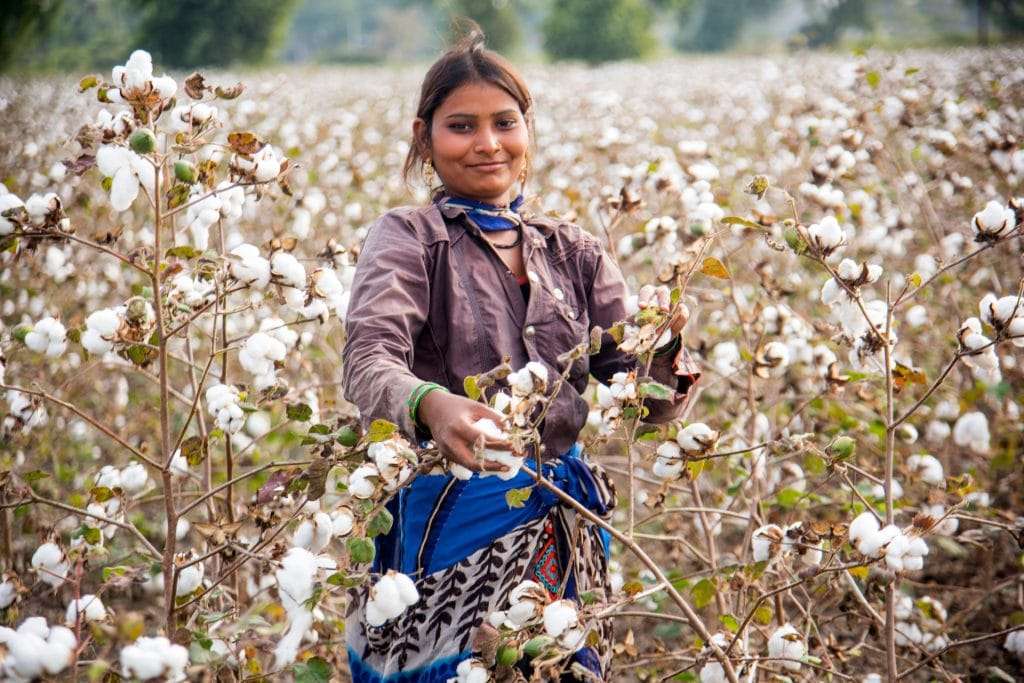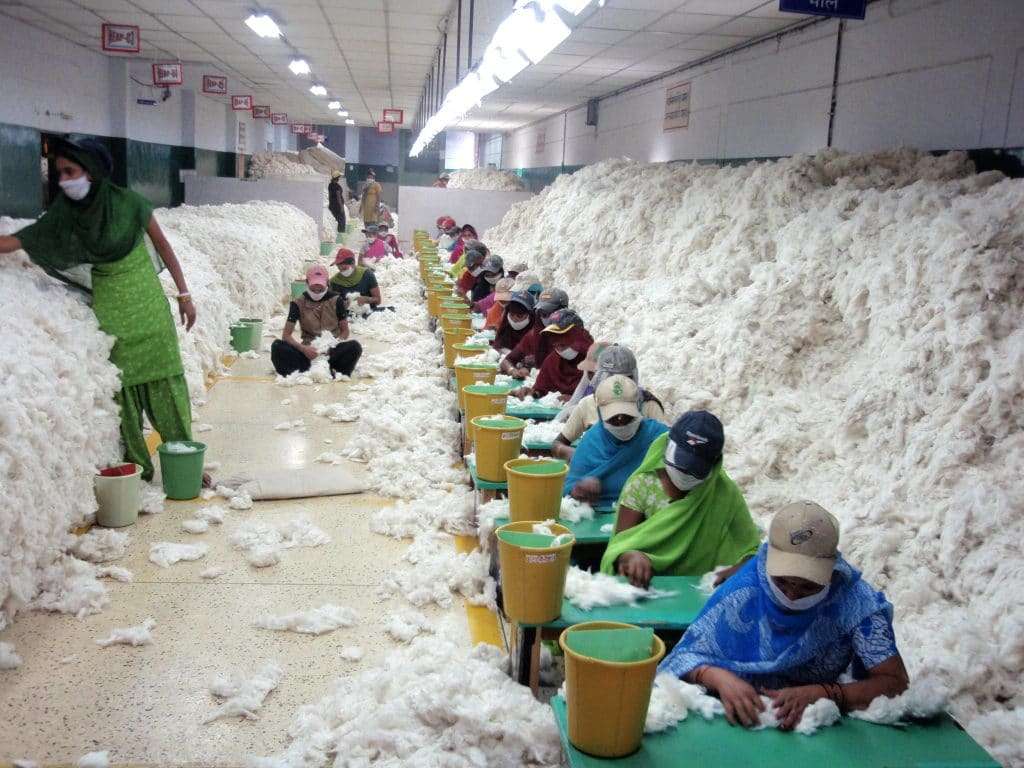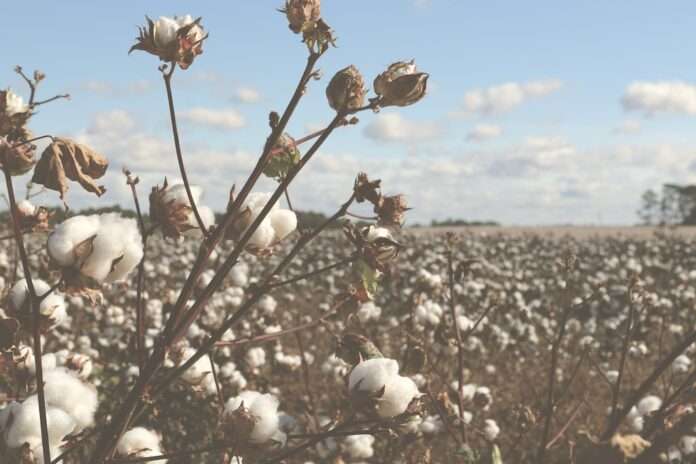Better Cotton, the world’s largest cotton sustainability initiative, has announced four new Impact Targets as part of its ongoing 2030 Strategy, aimed at driving environmental and social improvements at the field-level for millions of cotton farmers and farm workers.
The new Better Cotton Impact Targets, which cover Soil Health, Women’s Empowerment, Pesticides, and Sustainable Livelihoods, sit alongside the Climate Change Mitigation commitment outlined in the organization’s strategy. The latter aims to reduce greenhouse gas emissions by 50% per tonne of Better Cotton lint produced by the end of the decade.
According to the Intergovernmental Panel on Climate Change’s (IPCC) recent Synthesis Report, every increment of global warming results in rapidly escalating climate hazards, including more intense heatwaves, heavier rainfall, and other weather extremes that are expected to further increase risks to human health and ecosystems.
IPCC chair, Hoesung Lee, emphasized that “mainstreaming effective and equitable climate action will not only reduce losses and damages for nature and people, it will also provide wider benefits.”

Cotton, one of the world’s most important renewable resources, is produced in diverse landscapes and has the potential to reduce poverty while promoting sustainability and equality.
To this end, Better Cotton developed four Impact Targets in conjunction with leading civil society organizations and industry experts.
It aims to: sustainably increase the net income and resilience of two million cotton farmers and workers; ensure 100 percent of Better Cotton farmers have improved the health of their soil; Reach one million women in cotton with programs and resources that promote equal farm decision-making, build climate resilience, or support improved livelihoods, while also ensuring 25 percent of field staff are women with the power to influence sustainable cotton production; and reduce the use and risk of synthetic pesticides applied by Better Cotton farmers and workers by at least 50 percent.
In the 2020-21 cotton season, Better Cotton and its network of field-level partners trained 2.9 million farmers in 26 countries on more sustainable farming practices.
These new Impact Targets will help ensure more significant and lasting economic, environmental and social benefits in cotton-growing communities by establishing focus and helping to leverage funding, knowledge partners and other resources to build momentum for change at scale.

Alan McClay, CEO of Better Cotton, emphasized that driving impact at the field level is “imperative” for Better Cotton’s ambitions in what is “a defining decade for our planet.” He added that the new Impact Targets will allow the organization to take measurable steps towards supporting more sustainable cotton production, pushing towards regenerative and climate-smart agriculture to futureproof the operations of cotton farmers and farm workers.
The new Impact Targets also align with the 2030 Sustainable Development Goals and build on the agreements reached at COP27 to reach action-based climate mitigation outcomes for cotton farming communities. Tamar Hoek, Senior Policy Advisor, Sustainable Fashion, Solidaridad, welcomed the new commitments, saying that “together, we can help increase yields and market access for smallholder farmers, promote decent work, reduce inequality, and drive women’s empowerment in cotton production.”
Climate change impacts everybody, but the most affected are often women, children, low-income households, and small-scale producers. Better Cotton’s 2030 Strategy aims to drive impact at the field level over and above compliance with the Better Cotton Standard (Principles & Criteria), helping to improve conditions across more than just cotton production, reaching beyond farming communities to benefit their landscapes, supply chains, and ultimately consumers.
Related on Ethos:


